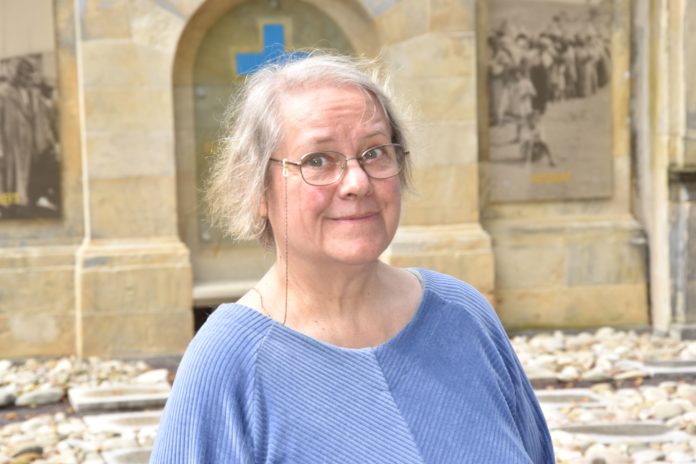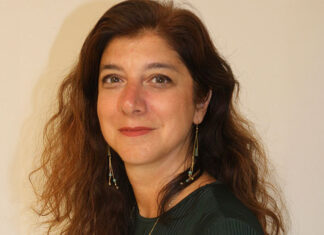By Tessa Hofmann
I just read Harut Sassounian’s article “Patriarch of Istanbul Spreads Falsehoods About Covid, Under the Guise of Religion” (Armenian Mirror-Spectator, 27 December 2021). The article refers to a sermon by the Armenian Apostolic Patriarch of Istanbul, Sahak Mashalian, in October last year. At that time, (if he was accurately quoted) the patriarch warned his congregants against covid vaccinations, which he related to the apocalyptic visions of the Apostle John in the Book of Revelation. In it, there is talk of a beast that forces people to wear a “mark” on their forehead or right arm. With this mark or chip, the patriarch hinted, complete control would be exercised over those vaccinated.
The words of the church leader shocked me, but I was not surprised. In Germany, about one-fifth of the population belongs to the vaccination skeptics or even opponents. This anti-vaccination segment of the population is made up of very heterogeneous segments: middle-class esotericists including anthroposophists, followers of alternative medicine, die-hard conspiracy theorists, but also neo-Nazis and right-wing extremists. Among Germany’s immigrant communities, including a large proportion of those of Turkish and Arab descent, vaccination skepticism is equally widespread; among other things, there are fears of infertility as a result of vaccination.
There are also vaccination opponents and vaccination skeptics among Armenians. Since valid empirical studies on the number and motives of Armenian vaccination opponents are lacking, I can only draw on personal experience. For around the same time, in October 2021, I had my very personal and no less drastic experience with Armenian vaccination opponents. At that time, the Working Group Recognition – Against Genocide, for International Understanding, which I co-founded and chair, organized a three-part series of events on the theme Berlin Writes Legal History: From Assassination to the United Nations Genocide Convention (see Armenian Mirror-Spectator, November 27, 2021, pp. 6, 20). Public health regulations prescribed that, if these events were held indoors, participants had to be vaccinated or recovered from a covid infection within the past six months.
Because of this restriction, we were criticized by an Istanbul-born Armenian who, in his Facebook comment, compared the exclusion of the unvaccinated with the extermination of Jews in the “Third Reich” and, as a descendant of Armenian Genocide victims, now saw himself victimized again — by a human rights organization based in Germany. The comparison is also extremely popular among non-Armenian vaccination opponents in Germany. It represents an unacceptable trivialization of the Shoah: The victims of the industrial-scale extermination of Jews by Nazi Germany were never asked if they wanted to be Jews. The Nazi regime declared them Jews based on its arbitrary racist definitions. A “non-Aryan” grandparent was enough for discrimination. Today’s vaccination opponents in European constitutional states, on the other hand, define themselves as vaccination opponents and certainly run no risk of being murdered for their decision.
Is it relevant that our Armenian critic was from Istanbul? A fellow human rights activist committed to recognizing the Ottoman genocide, who became an unvaccinated covid victim, was also from Turkey: He had no pre-existing conditions, followed a healthy diet, exercised, and believed that he could therefore forgo vaccination. He contracted the disease from his infected wife. After a tracheotomy in the hospital, he became further infected with multidrug-resistant germs and died at the end of October.








